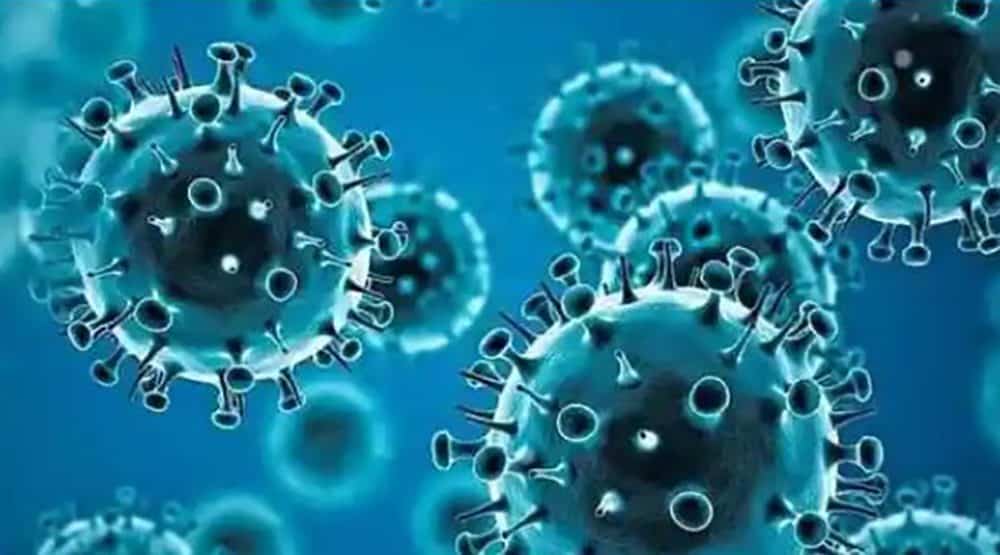In Canada, Covid tiredness appears to have given way to Covid fatalism, as a majority of those polled were resigned to becoming infected by the virus after the introduction of the highly transmissible Omicron version.
According to new statistics issued by the public polling agency Angus Reid Institute (ARI), “a narrow majority resigned to the inevitability of becoming infected with this current strain of the coronavirus” across the country.
More than half of Canadians (55%) believe they anticipate to get Omicron regardless of the safeguards they take. Notably, this opinion is shared by at least three-out-of-five parents with elementary school-aged children.”
Those sentiments come as the fifth wave of the Covid-19 pandemic in Canada, driven by the Omicron variant, continues, despite the fact that the number of new daily cases has been declining, possibly due to fewer tests being administered and being limited to those considered symptomatic, as public health officials have noted.
Surprisingly, those who feel they will become infected regardless of their behavior are virtually evenly split between those who believe public health regulations should be eased, at 48%, and those who disagree, at 48%.
The majority appear to expect that they will have to live with Covid-19 for some time, with only about a quarter of respondents (23%) believing that the epidemic will end in 2022. Unvaccinated people are the most likely to believe the pandemic is nearing its end, with nearly a third of them (32%) thinking so.
On Thursday, 31,248 new cases were reported in Canada, bringing the total number of cases to 2,688,631 since the epidemic began.
Apart from this, you can also read Entertainment, Tech, and Health-related articles here: SmallPDF, Dramacool, Squid Game Season 2, Joe Biden net worth, Crackstream, The Matrix 4, Goku, Kung Fu Panda 4, Leonardo DiCaprio net worth, Diabolik Lovers Season 3, Twitch Error 2000, Alyson Hannigan, Brent Rivera net worth, Emma Watson net worth, 444 angel number, 666 angel number, 1616 angel number, 777 angel number, 333 angel number, Dave Portnoy net worth, Messi net worth, Keanu Reeves net worth, The Equalizer 3, The 100 Season 8, Gina Carano net worth, Bruno Mars net worth, KissAnime, Jim Carrey net worth, PDF Drive, Youtbe, Bailey Sarian Net Worth, Bollyshare, Afdah, Moviezwap, Y8, Jalshamoviez, Project Free TV, Kissasian, Mangago, Jio Rockers, M4uHD, Hip dips, M4ufree, NBAstreams XYZ, CCleaner Browser review, Avocado Calories, Bear Grylls net worth, Highest Paid CEO, The 100 season 8, Sundar Pichai net worth, Grimes net worth, and, F95Zone.






































